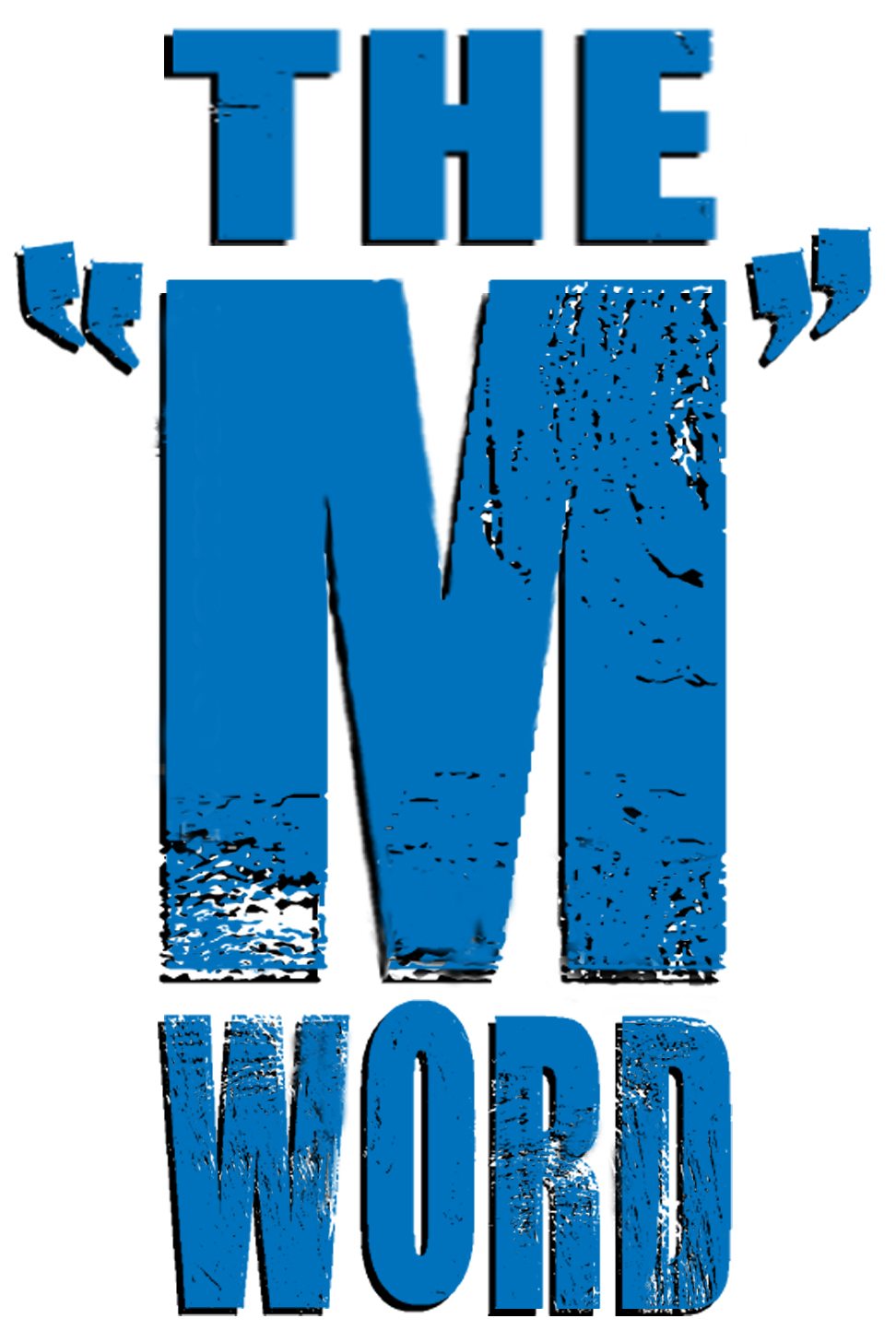For well over a hundred years, the word midget has been part of the English Language. Like many things, over time and throughout history the use of the word has changed. This has led to many questions and possible confusion on whether the word is considered offensive and what is the correct terminology when referring to a person of short stature.
HISTORY OF A WORD
While these days, the word midget is employed all too frequently mostly as an epithet to taunt short-statured individuals, that was not always the case. Part of the problem in attempting to discourage the use of the word midget currently is that it was once used both routinely and comfortably in the entertainment world. In fact, the organization now called Little People of America was previously called “Midgets of America” during the first two days of existence after actor Billy Barty and a group of approximately twenty short-statured performers founded the organization in 1957. The name was changed in 1960.
Midget is a term that was originally coined in 1865, referring to an extremely short person with limbs similarly proportioned to his body as an average-size person's. The origin of the word midget formed from the word midge "small fly" + -et, so that a midget is etymologically a "very small fly". P.T. Barnum indirectly helped popularize "midget" when he began featuring General Tom Thumb (person of short stature) in his circus. By 1884 it referred to an extremely small person who was publicly exhibited as a curiosity in freak shows or circuses. By 1930 we find the word being used for small vehicles or aircraft.
FACT: Until a few decades ago, even in the medical world, midget was in common use: Some physicians employed the word to refer to persons who were small and proportionate, most often as the result of a growth hormone deficiency. Dwarf was used to differentiate this category from individuals who were small and disproportionate, most often as the result of various cartilage and bone disorders; their conditions were known medically as forms of skeletal dysplasia.
While proportionate dwarfism is quite rare today because of medical advances people still refer to individuals who are small and disproportionate as midgets. If the word were still considered acceptable today the reference would in fact be incorrect.
THE WORD TODAY
More and more, however, in recent decades, midget has become recognized as a derogatory, hurtful term, a term of derision used to ridicule short-statured individuals. It is anathema in the United States because it is derived from midge, an insect; and because it has often been flung as an aggressive epithet at short-statured individuals in the streets. There was a time when the word was used as an umbrella term for those people with a form of dwarfism that were exploited and put on public display because of their unique psychical features... a sideshow. Not only is it considered highly offensive by the large majority, it is a word that identifies a person of short stature as a “lowbar” spectacle, cheap gag, and sideshow act. It is a word that is humiliating and degrading and when it becomes someone’s only identity, it can lowers their self-esteem, casts them aside, contributes to name calling, teasing, bullying in school, eliciting stares, comments and ridicule, contributes to a less chance of employment later is life and nothing less than contributing to a lesser chance to succeed in life.
Because of these associations and the desire for people with a form of dwarfism to be accepted as positive contributors of society it is important for our community to move away from the word and not be labeled as such.



